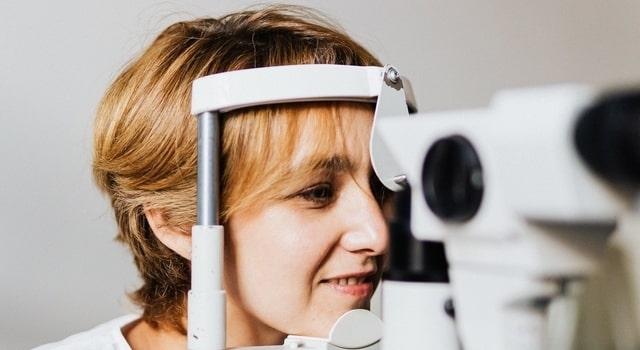
Besides allowing you to see, your eyes reveal a lot about your overall health. A comprehensive eye exam is critical for identifying hidden eye conditions and other health problems that might go unnoticed.
By visiting an eye care center like Donelson Eye Care in Nashville, you can detect potential issues before they lead to significant vision loss.
What is a Comprehensive Eye Exam?
A comprehensive eye exam is a thorough evaluation of your eye health, involving multiple tests that assess both your vision and the overall condition of your eyes. This exam helps our eye care providers detect potential issues early, even before symptoms appear, ensuring proactive care for your eyes.
The Importance of Early Detection
Many serious eye conditions, like glaucoma and macular degeneration, develop silently, without noticeable symptoms until significant damage has occurred. Regular eye exams allow for early detection, giving us the opportunity to manage and treat these conditions before they lead to permanent vision loss.
What to Expect During a Comprehensive Eye Exam
An eye exam typically includes:
- Visual Acuity Test: This test measures how well you see at various distances. It helps us determine if you need corrective lenses.
- Refraction Test: Our eye doctors conduct this to determine your precise prescription for eyeglasses or contact lenses by measuring how light rays bend as they pass through your eye.
- Eye Muscle Test: Assesses the movement and strength of your eye muscles.
- Pupil Response: Checks how the pupils react to light and other stimuli. This is essential for revealing any potential neurological concerns or issues with your optic nerve.
- Tonometry (Eye Pressure Test): Measures the pressure inside the eye to screen for glaucoma.
- Retinal Eye Exam: We use special equipment to examine the retina and optic nerve at the back of the eye. This enables the detection of conditions like diabetic retinopathy, macular degeneration, and retinal tears.
How Often Should You Have a Comprehensive Eye Exam?
The frequency of comprehensive eye exams depends on age, health, and risk factors. A general recommendation is as follows:
- Children: The initial eye exam should be at six months to a year, then at preschool age, and every 1-2 years after that.
- Adults (18-60): Every two years or annually if you have risk factors like diabetes or a family history of eye disease.
- Seniors (60+): We recommend annual exams to monitor age-related vision and eye health changes.
Request A Comprehensive Eye Exam Near You in Nashville
Regular comprehensive eye exams are a cornerstone of maintaining good vision and eye health. With early detection and regular monitoring from Donelson Eye Care, you can protect your sight for a lifetime.

